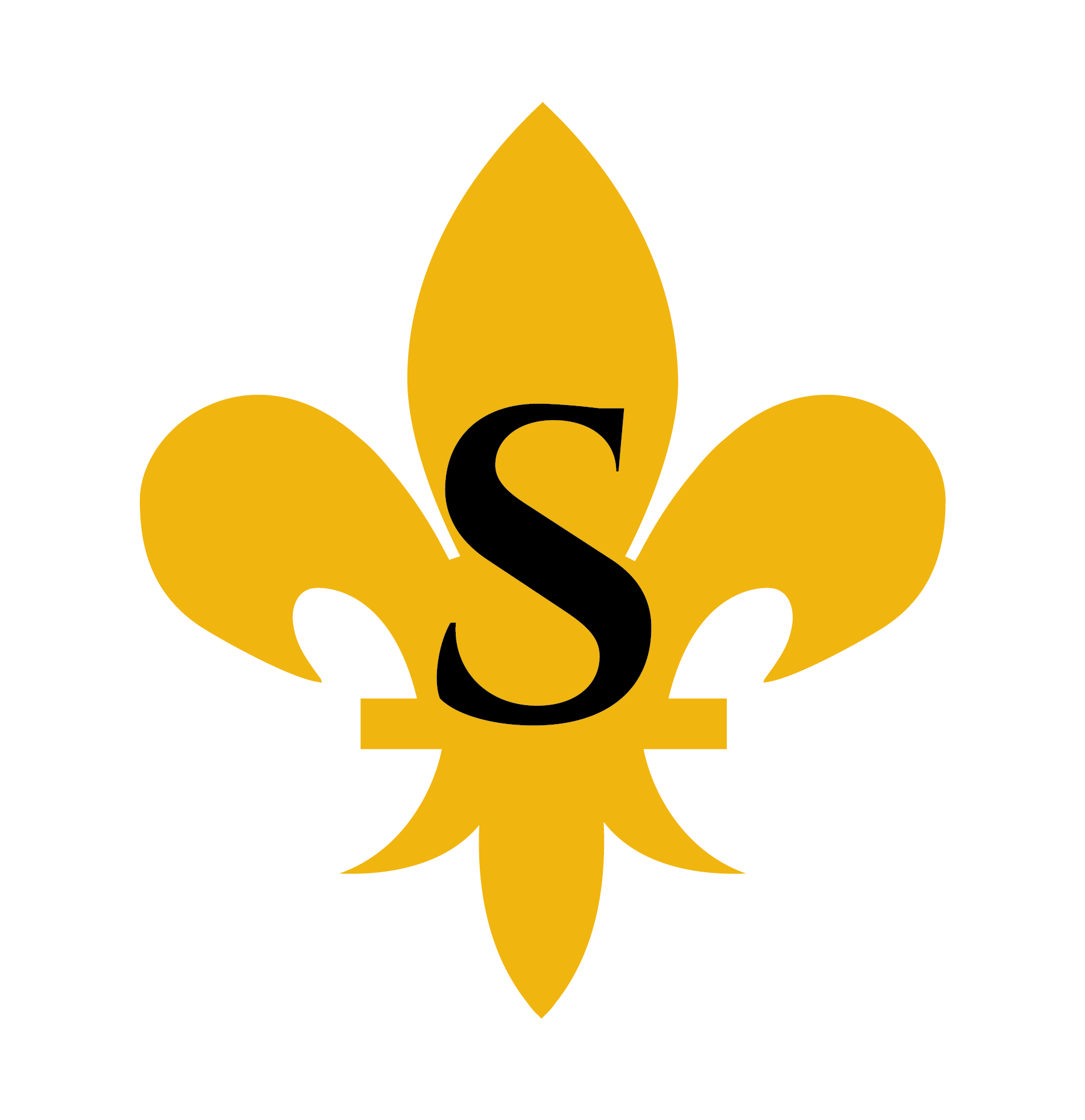The Role of Mythology in Modern Game Design #185
1. Introduction to Mythology in Modern Game Design
Mythology encompasses the collection of traditional stories, legends, and beliefs that serve to explain natural phenomena, human origins, and cultural values. These stories, often featuring gods, heroes, and supernatural beings, hold deep cultural significance, shaping the worldview and moral frameworks of societies across history.
In recent years, there has been a notable resurgence of mythological themes within the gaming industry. Developers increasingly draw upon ancient myths to craft engaging narratives, immersive worlds, and compelling characters, blending timeless stories with innovative gameplay. This trend not only enriches player experience but also offers educational opportunities about diverse cultures.
This article explores how mythology influences modern game design, examining its educational value, core design elements, contemporary reinterpretations like le-zeus-slotgame.uk/bonus, and future trends shaping the industry.
Contents
- The Educational Value of Mythological Themes in Games
- Core Elements of Mythology in Game Mechanics and Design
- Case Study: «Le Zeus» as a Modern Illustration of Mythology in Games
- Non-Obvious Aspects of Mythology in Game Design
- Challenges and Opportunities in Incorporating Mythology
- Future Trends: Evolving Use of Mythology in Gaming
- Conclusion
2. The Educational Value of Mythological Themes in Games
a. How mythology enhances storytelling and world-building
Mythology provides a rich tapestry of narratives, characters, and symbols that deepen the storytelling potential of games. For example, games inspired by Greek mythology often feature gods like Athena or Poseidon, whose stories help build immersive worlds that reflect ancient beliefs. This mythic layering allows players to engage with complex mythic archetypes, making the game universe more compelling and meaningful.
b. Mythology as a tool for cultural literacy and historical awareness
Integrating mythological themes encourages players to learn about different cultures and histories. When games incorporate stories from Egyptian, Norse, or Chinese mythologies, they serve as interactive portals to understanding diverse traditions. Such exposure fosters cultural literacy while making learning engaging and memorable.
c. Examples of myth-inspired narratives improving player engagement
Research indicates that players find mythologically inspired stories more captivating, as they tap into universal themes of heroism, morality, and the supernatural. For instance, titles like “God of War” incorporate mythic elements to create emotionally resonant narratives, enhancing player investment and satisfaction.
3. Core Elements of Mythology in Game Mechanics and Design
a. Symbolism and archetypes derived from mythological stories
Symbols such as lightning bolts, sacred animals, or mythical artifacts serve as powerful game icons rooted in mythology. Archetypes like the hero, trickster, or wise old man frequently appear as character classes or quest givers, providing players with familiar narrative cues that enhance understanding and engagement.
b. The integration of mythological characters and gods as gameplay elements
Mythological deities are often incorporated as playable characters, bosses, or allies. For example, in role-playing games, players might summon gods or harness divine powers, adding depth and strategic variety to gameplay. This integration allows players to experience mythic themes firsthand.
c. Use of mythic settings and items to create immersive experiences
Settings such as Mount Olympus, Asgard, or the Underworld evoke mythic atmospheres, while items like Thor’s hammer or Ankh amulets serve as powerful, symbolic objects. These elements contribute to immersive environments that resonate with players’ familiarity with mythic lore.
4. Case Study: «Le Zeus» as a Modern Illustration of Mythology in Games
a. Thematic analysis: Lighthearted, mischievous portrayal of Zeus
«Le Zeus» exemplifies a playful reinterpretation of the Greek god, emphasizing humor and mischief over traditional grandeur. This approach aligns with modern trends to humanize deities, making them relatable while still referencing their mythic origins.
b. Soundtrack and sound effects as mythological storytelling tools
The game employs sound design that echoes ancient Greece—lyre melodies, thunderclaps, and playful chimes—creating an atmospheric backdrop that evokes mythic narratives, enriching the gaming experience beyond visuals.
c. Game mechanics: The “Myth-taken Identity” bonus and the Mystery Meter
Innovative mechanics like the “Myth-taken Identity” bonus challenge players to identify mythic figures, while the Mystery Meter adds suspense, encouraging engagement through interactive storytelling elements. These mechanics exemplify how myth can be woven into gameplay to enhance entertainment value.
d. How «Le Zeus» reflects contemporary reinterpretations of myth
This game illustrates how developers adapt mythological figures for modern audiences, blending humor, interactive mechanics, and cultural references. Such reinterpretations demonstrate the evolving relationship between ancient stories and digital entertainment, making mythology accessible and entertaining.
5. Non-Obvious Aspects of Mythology in Game Design
a. Subversion and parody of traditional mythological narratives
Modern games often subvert classical myths, offering humorous or satirical takes. Parody titles, for instance, may invert hero archetypes or mock divine authority, fostering critical engagement and cultural reflection.
b. Ethical considerations: Respectful vs. playful portrayals of deities
While playful reinterpretations can make mythology more approachable, developers must balance humor with respect to avoid cultural insensitivity. Thoughtful portrayals contribute to a positive cultural exchange and prevent stereotypes.
c. The role of mythology in fostering community and shared cultural references
Mythological themes create common ground among players, fostering communities around shared stories and symbols. Online forums, fan art, and modding communities often revolve around myth-inspired content, deepening cultural engagement.
6. Challenges and Opportunities in Incorporating Mythology
a. Balancing educational content with entertainment value
Integrating mythological themes requires careful design to ensure that educational aspects complement gameplay rather than hinder entertainment. Successful titles seamlessly blend storytelling with mechanics that entertain and inform.
b. Risks of cultural misappropriation and stereotypes
Misusing or misrepresenting mythologies can perpetuate stereotypes or offend cultural groups. Developers should engage with cultural experts and conduct thorough research to portray myths authentically and respectfully.
c. Innovation through cross-cultural mythological integration
Combining myths from different cultures can lead to innovative game worlds. Such cross-cultural synthesis fosters inclusivity and broadens players’ understanding of global traditions, as seen in games that blend Norse and Egyptian mythologies into cohesive narratives.
7. Future Trends: Evolving Use of Mythology in Gaming
a. Interactive storytelling and player-driven myth creation
Advancements in AI and procedural generation enable players to craft their own mythic stories, fostering personalized myth-making experiences within games, which enhances engagement and cultural expression.
b. Advances in sound design and visual effects to evoke mythic atmospheres
Innovative audio-visual techniques, such as spatial sound and high-fidelity graphics, will further immerse players in mythic worlds, making ancient stories more vivid and emotionally impactful.
c. Potential for educational games to teach mythology through gameplay
Educational titles are increasingly leveraging gamification to teach mythology interactively, combining quizzes, puzzles, and storytelling to foster deeper understanding and retention.
8. Conclusion
Mythology continues to play a vital role in enriching modern game design, offering narrative depth, cultural insight, and immersive mechanics. As seen through examples like «Le Zeus», developers are creatively reinterpreting ancient stories to resonate with contemporary audiences, blending humor, innovation, and respect.
“Integrating mythology into games is not just about storytelling; it’s about creating a cultural dialogue that bridges the past and the present, making ancient stories accessible and engaging for new generations.”
The ongoing relationship between mythology and digital entertainment promises exciting developments, fostering educational growth, cultural appreciation, and innovative gameplay experiences for years to come.

